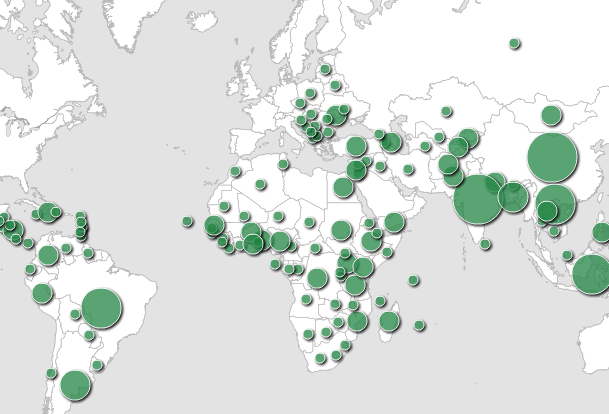WBG: Romania ranks 73 based on the ease of doing business

Romania maintains the ranking established last year by the World Bank Group (WBG) as per the Doing Business 2014 report. The recently released report ranks the global economies based on the overall ease of doing business, Romania being the 73rd out of 189 countries.
Although Romania has not changed its ranking, there’s a little improvement in the total score over 2012. Romania scores 65.11 points, 0.48 points higher than last year. This increase is due to the progress registered in three out of the ten topics evaluated: Starting a Business, Paying Taxes and Enforcing Contracts. Respecting the other sections, Romania stagnates only at Trading Across Borders, whereas the remaining six sections show an increment of the difficulty in making business.
'Romania made starting a business easier by transferring responsibility for issuing the headquarters clearance certificate from the Fiscal Administration Office to the Trade Registry. (…) Romania made paying taxes easier and less costly for companies by reducing the payment frequency for the firm tax from quarterly to twice a year and by reducing the vehicle tax rate. (…) Romania made enforcing contracts easier by adopting a new civil procedure code that streamlines and speeds up all court proceedings.' states the Doing Business 2014 report.
Compared to other European countries, Romania stands better than Croatia, Ukraine, Russia or Moldova, but worse than countries such as Greece, Hungary, Bulgaria or Poland. Globally, the best ranked country is again Singapore, followed by Hong Kong, New Zealand, the United States and Denmark. Besides the Scandinavian country, there are another three European states in top ten: Georgia (8), Norway (9) and the United Kingdom (10).
The Doing Business report released annually by the World Bank since 2003 provides measures of business regulations, as well as their enforcement across 189 economies, encouraging countries to compete towards more efficient regulations in order to support the business environment. The report is drawn up based on the analyzes of ten topics: starting a business, dealing with construction permits, getting electricity, registering property, getting credit, protecting investors, paying taxes, trading across borders, enforcing contracts, resolving insolvency.






